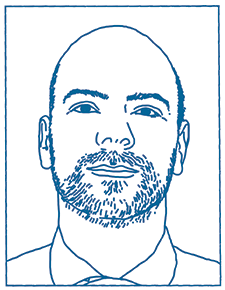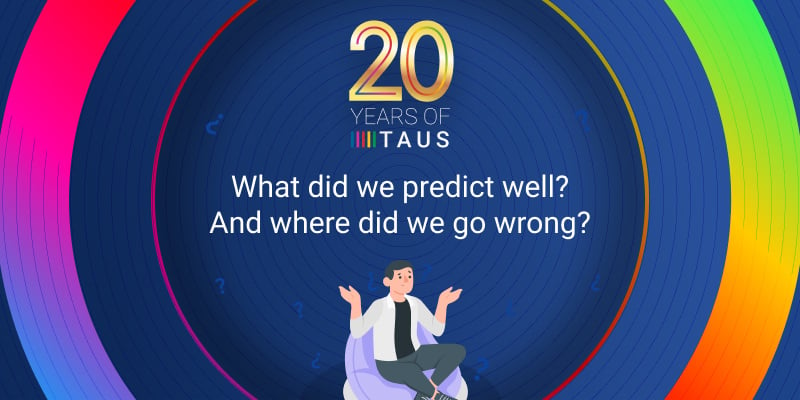Great Expectations
14/01/2016

Attila Görög on some of the topics that he expects will dominate next year’s (2016) blog posts and translation conferences.
Author

Attila Görög worked in various national and international projects on language technology. He had a solid background in quality evaluation, post-editing and terminology management. As Director of Enterprise Member Services, he worked mostly with large enterprises involved in the TAUS community and hosted TAUS user groups until 2017.
Related Articles
03/06/2025
Discover how AI and innovation are transforming the localization industry and challenging traditional methods.
21/11/2024
Celebrating the 20th anniversary of TAUS this month caused the team to look back at the predictions and outcomes so far. What have we achieved? What went wrong?
 by Dace Dzeguze
by Dace Dzeguze27/11/2023
Explore the fascinating journey of Lisa Vasileva, a Machine Learning Engineer at TAUS, as she transitions from a professional translator to the field of Natural Language Processing (NLP).



